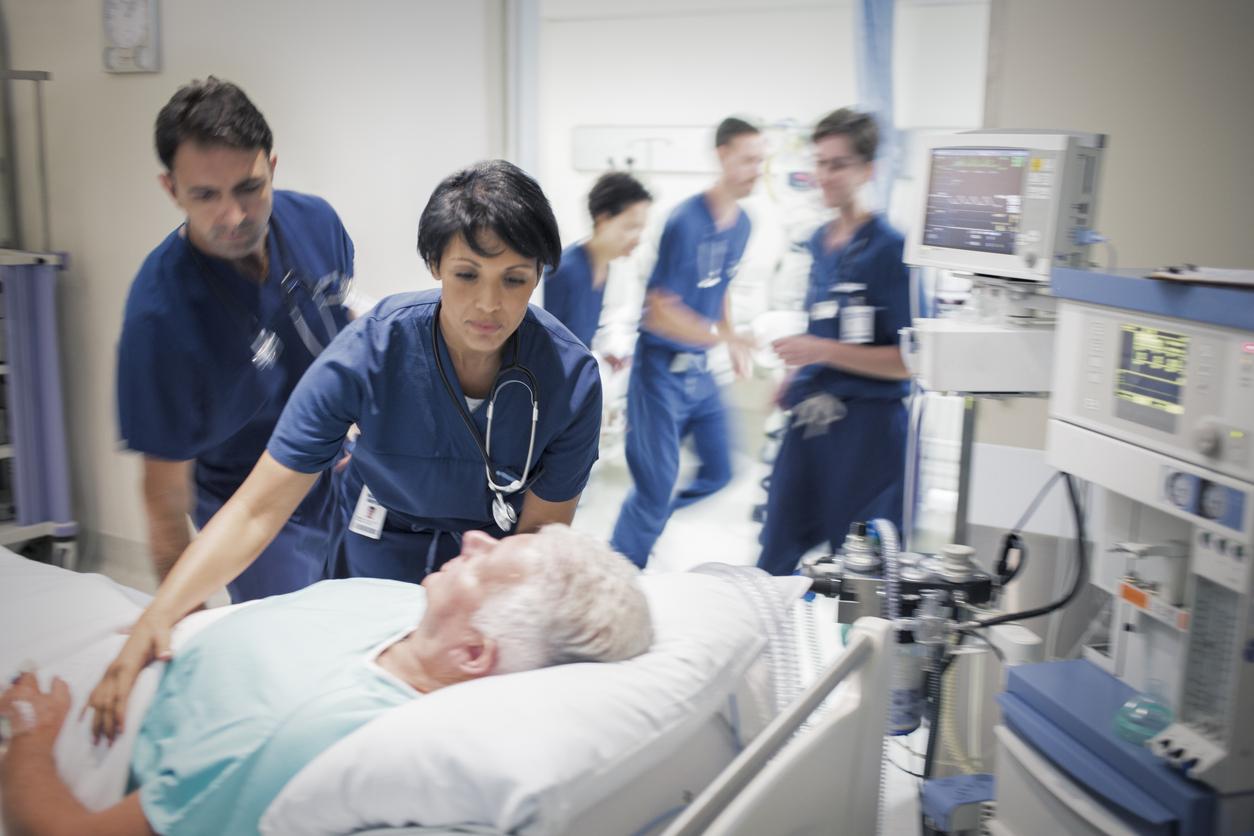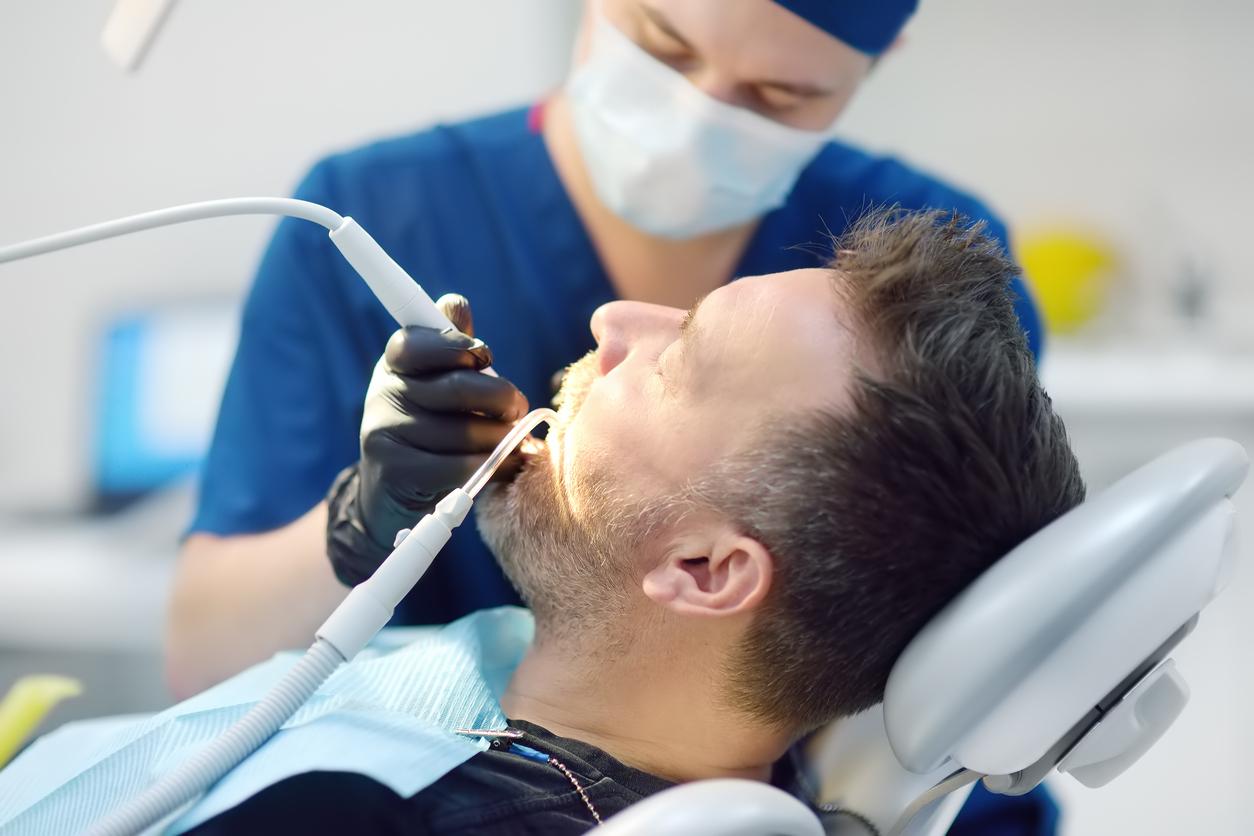Following the interview with the president of the High Authority of Health, Professor Lionel Collet, in the program “La Santé en Questions”, we give you the reactions of Dr Luc Duquesnel, president of the union “Les Généralistes CSMF” on the contribution of this structure to the functioning of community medicine.

– Why Doctor: What does the High Authority of Health, a guide for daily practice, and supervision represent for a general practitioner in the city?
Dr Luc Duquesnel : It’s a reference, a guardianship. To say that it guides me on a daily basis in my exercise, no. But I think that this does not call into question the value of what it produces even if sometimes there is data which is dated and which needs to be updated. I believe that the big problem for the HAS today is how to communicate effectively with field doctors and therefore treating doctors. At one time it sent us sheets but I believe that the observation was made by the HAS itself that many of these sheets were not consulted because they were too long.
“HAS has great difficulty communicating what it produces for doctors”
Today, when I work on the HAS recommendations, it is through quality groups that we have set up in five French regions, what we call physician quality groups which meet once a month on defined themes. In this case, in the documentary file, there are the recommendations of the HAS. But it has great difficulty communicating what it produces for doctors.
– What is the reason for this communication problem, why is it difficult for you to adopt these recommendations?
Because it requires time, it is not comprehensive enough and we are running out of this time more and more since there are fewer and fewer of us with more and more patients to take care of!
– When you have the time to read these recommendations, do they seem consistent with your daily practices as a general practitioner or not?
They may be out of step with practices as we see in the framework of the conventional negotiation that we are conducting today. We realize that ultimately there are practices of doctors which, in view of the recommendations of the HAS, are neither relevant nor of quality and which have a cost. But after making this observation, how do we go about changing habits? This has been around for years but the HAS has still not found the key.
– Among the intentions of the High Authority of Health is to serve as a guide on the quality of the care pathway. Does it place community medicine in its rightful place on this point?
HAS is only one of the elements and then community medicine is of great variety and heterogeneity. Today you have, for example, 30% of general practitioners who practice alone, who are not in coordinated practice, and you have 20% who are in coordinated multi-professional practice.
“The HAS recommendations should be different depending on the situation”
We know that today, with an aging population, with more and more polypathological patients, that the care of these patients must not only be multi-professional but also in connection with the hospital and the medical sector. -social. So automatically, the HAS recommendations should almost be different depending on the scenarios and the organization of the outpatient care.
– On the subject of influenza vaccination, how do you judge the recommendations and, in fact, the distribution of roles recommended by the HAS between the different health professions?
For me it’s not the subject of knowing who stings! I even tend to think that it’s the nurse’s job. Afterwards, what I realize is that these recommendations have resulted in a vaccination rate which continues to decrease! So if we had to evaluate these recommendations, it would be a red card! Today, regarding flu vaccination, prohibiting treating doctors from having a fridge with vaccines in it when we have just spent two years with Covid vaccines is absurd.
“There are people who vaccinate and who are not in our business software”
General practitioners have lost interest in this flu vaccination because there are people who vaccinate and who are not in our business software, we are not informed of what is happening. If I had the possibility of vaccinating all the patients who come to my office – and we know that today the healthcare professional in whom patients trust the most is the general practitioner – I would tell them:I’ll give you this vaccine.”. Whereas there, we will advise them to call someone else and patients who have other concerns do not necessarily think about being vaccinated. If tomorrow we are authorized to vaccinate in our office, you will see that vaccination rates will increase for the flu!
The problem is not knowing who we authorize to vaccinate, it is the traceability of the vaccine for the attending physician which remains the pivot of the health care process. Today, for HPV vaccination among young people, for example, I do not even have this trace in the professional file.
– You mention business software. They are certified by the High Authority of Health. But do they really meet your needs?
They should be made simpler, more intuitive, more ergonomic! For example, the recommendations must be implemented in our business software but without causing us to double the consultation time! Today, when for example we have to assess anemia, in theory it is relatively simple, with at least an initial blood test.
“Irrelevant exams are expensive”
But today I only have a standard blood test in my professional software in which I have data such as prostate markers which are of no use to me when it’s a woman! With a standard assessment to identify anemia, we would be more relevant and this would generate savings! When the tests requested are not relevant, it is not necessarily a loss of opportunity for the patient but it is costly…
– HAS now includes users in its evaluation of medical practices. What do you think ?
It’s essential ! The user is one of the key players in our health system. Taken to the extreme, it is the patient-expert that we see in chronic pathologies and in which he plays a major role.
– Is there anything that you, a general practitioner in town, expect from this High Authority of Health to facilitate or improve the conditions of your practice and that it does not offer?
Among the advice that I could give to the HAS, it is, for certain recommendations such as for cardiovascular risk, to try to update them. And then it’s not just the HAS recommendations, there are other recommendations which are sometimes a little at odds. And beyond these recommendations, I expect the HAS to become aware of what real life is like in ambulatory medicine: what, for example, are the organizations that are being set up in the territory and who are evolving? We don’t really have the impression that the HAS takes this into account.
















